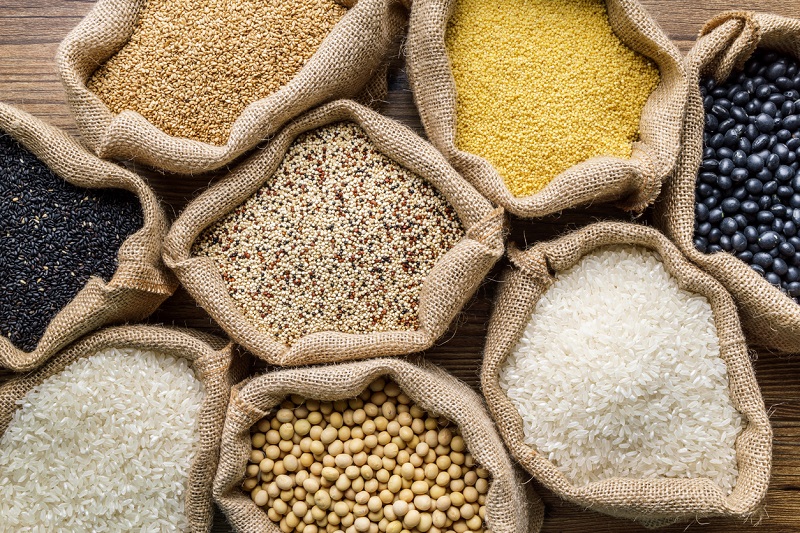Foreign Trade Policy of Côte d’Ivoire
Côte d'Ivoire is a country whose economy strongly depends on the export of agricultural raw materials. After a decade of socio-political unrest, the country has been trying to get back on track with significant progress, particularly in terms of foreign trade policy.
Côte d'Ivoire is a member of ECOWAS and WAEMU. As such, its foreign trade policy is primarily conditioned by the common policy. However, the principles of economic integration allow member states to have their trade policies according to their local realities.

Thus, without really taking clear measures to limit imports and to protect specific sectors as is the case in other countries, Côte d'Ivoire relies instead on increasing its exports and on the quality of products exported, favoring processed products over raw materials. Since 2014, with the help of the European Union through the PACIR project, Côte d'Ivoire has launched its new National Export Strategy, which has been integrated into the 2016-2020 National Development Plan. This strategy aims to reinvigorate Côte d'Ivoire's foreign trade by building on six identified priority sectors: cashew, rubber and plastics, cotton-textiles-clothing, tropical fruits, cassava, and derived products and information and communication technologies.
The government's objective is to encourage manufacturers to process certain raw materials at the local level before exporting them and thus increase export earnings. In practice, an export tax has been introduced on some raw goods such as cotton and cashew nuts. With this strategy, the country hopes to achieve economic emergence by 2020.
Learn More with EXIMA
EXIMA offers its users the ability to learn about topics like this and anything else related to international trade on its platform. Stay informed and get educated with EXIMA and our network of trade professionals – join today!









